Strengthen Your Message
"But the Lord stood at my side and gave me strength." --2 Timothy 4:17
Read: 2 Timothy 4
 Yesterday we touched on what's most important: our daily time with the good Lord. But you may already have that part down pat. While yesterday's entry was extremely well-written and uncommonly clever (this is where you just nod in agreement), it wasn't for you. Let's face it, you can set clocks by your prayer and reading rituals. You wrote the book on quiet times. And if so, we're glad you're back, because today we're talking about what fewer and fewer believers are doing once they get up off their knees.
Yesterday we touched on what's most important: our daily time with the good Lord. But you may already have that part down pat. While yesterday's entry was extremely well-written and uncommonly clever (this is where you just nod in agreement), it wasn't for you. Let's face it, you can set clocks by your prayer and reading rituals. You wrote the book on quiet times. And if so, we're glad you're back, because today we're talking about what fewer and fewer believers are doing once they get up off their knees.
Dr. Charles Stanley recently said that adversity can either be a burden or a bridge. When I look back at my year, I know beyond a doubt that when adversity weakened my muscle, God strengthened my message. What about you? Do you see health as a burden or a bridge? Perhaps you have self-inflicted infirmities or maybe you were blindsided. Distinguishing between the two isn't always easy, is it? But let me be as much of an encourager as I am a tough reminder that our bodies have so much to accomplish for the kingdom. Many of the things God calls us to do as believers require a stewardship-type outlook of the body. Not in vain, but practically speaking. If you're a believer who finds himself or herself unknowingly hiding behind the truth that God only sees the heart -- with all due respect -- a "willful" neglect of the body is a heart issue.
But trust me, I know the battle is tough. I know it's daily. And I know how despair feels. But ask the Lord for wisdom and strength on how to be a better steward in this area. Determine today that only the limits God sets for your life will slow you down. Not anything man-made or self-made. When you close that bible and rise to your feet, tell the Lord your body is at His service now. And if that means adversity, or healthier food choices and fitness-type activities, see it all as an opportunity to strengthen your message.
--Jimmy Peña
 SODIUM: NOT TOO MUCH, NOT TOO LITTLE
SODIUM: NOT TOO MUCH, NOT TOO LITTLE
Think you're consuming too much salt? A review published in the American Journal of Medicine found that people who consumed less than the recommended 2,300 mg of sodium per day actually had a 37% increased risk of dying of cardiovascular disease than those who ingested more. So trying to go cold turkey, or letting your spouse take that salt shaker away from you every night at dinner time may not be the best approach.
Still, there are some who need to be careful not to overdo the salt because they have high blood pressure or a history of heart disease. To reduce your levels of sodium, try these simple tips from PrayFit contributing nutritionist Emily Ann Miller, MPH, RD.
• Instead of a lot of salt, use herbs, spices, flavored vinegars, citrus juices, or wine to flavor food • Taste your food before salting it • Buy fresh, frozen, or canned "no salt added" veggies, and add a little salt at the table • Rinse canned beans and other canned veggies to remove sodium • Cook rice, pasta, and hot cereal without salt • Read labels: look for "low-sodium," "reduced-sodium," "no salt added," and foods that have less than 200 mg per serving
Emily Ann Miller, MPH, RD is a registered dietitian and works at a Washington, D.C.-based independent, nonprofit science organization, where her work is currently focused on environmental and policy solutions to obesity prevention. She also speaks to groups about health and nutrition and provides nutrition education to patients at a free medical clinic that serves low-income, uninsured adults in the D.C. area. You can view more of Emily’s nutrition tips and updates by following her on Twitter, @EmilyAMillerRD.
